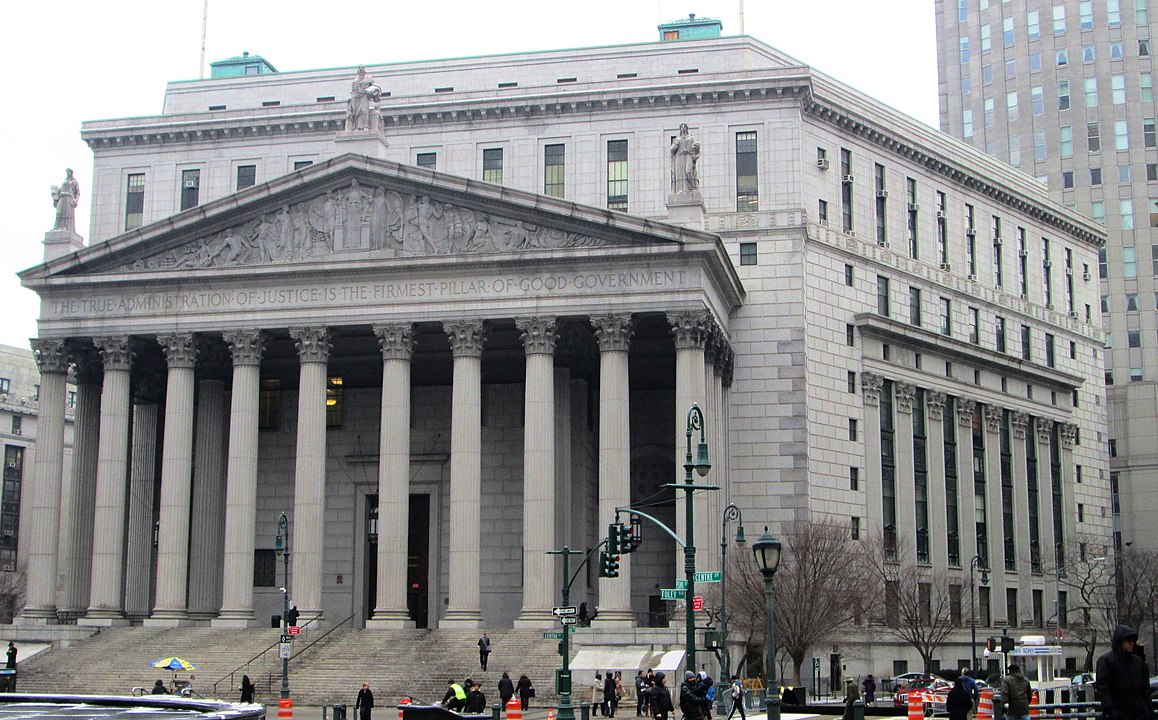Johan Javeus, chief strategist at SEB, shares the potential friction that will happen between commercial and central banks should the latter circulate a central bank digital currency (CBDC) directly to the consumers with Finextra.
Javeus explained that if central banks release CBDCs to consumers directly, anyone who wishes to use the digital currency needs to have some sort of account with them and that would put a competition between central banks and commercial banks in terms of holding the people’s cash.
“Say the Swedish central bank issues a digital currency. Does that mean that every family and business will have an account with the Riksbank?” Javeus said.
He stressed that it would create an awkward competition between the central and commercial banks, which could cause a crisis in the financial system.
“Suddenly there is a question of stability in the system,” he added. “Of course, everybody will just rush to put their money in the central bank, which would drain capital from traditional banks.”
Commercial banks use people’s money to provide loans and mortgages to their customers. So, if the people would put their money on central banks, it would have a damaging effect on economies.
The Bank for International Settlement (BIS) has examined the different routes that central banks may take when they develop and launch digital currencies. It described direct CBDC as “attractive for its simplicity” as central banks would not be dependent on commercial banks as intermediaries.
However, central banks are required to build the necessary infrastructure to deal with regulatory burdens relating to know your customer (KYC) and anti-money laundering (AML). They also need to consider rudimentary tasks relating to customer service, system outages and so on.
“This would be a huge project for a central bank to undertake. There are a lot of potential problems that would need to be straightened out, and we don’t know yet how these would be addressed,” Javeus added.
Central banks are likely to adopt an approach that uses commercial banks and other intermediaries when circulating, outsourcing digital currencies. The downside with this is that central banks would be reliant on intermediaries for information relating to individual claims on the currency.
Meanwhile, the National Payment Corporation of India (NPCI) urges the citizens to use digital payments to reduce social contact and curb the spread of coronavirus. NCPI and the other banks are all committed to supporting the digital payment infrastructure.
























Comment 0